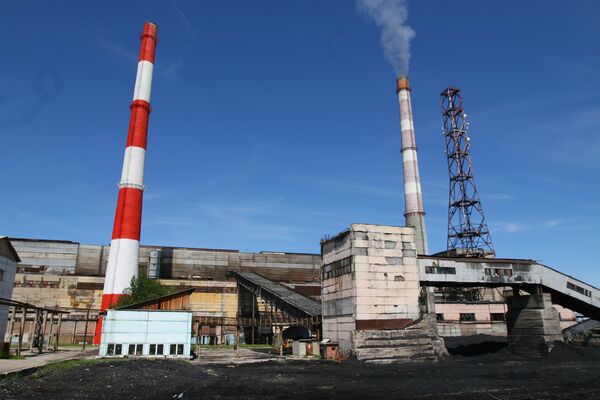Over a thousand employees of the Baikal pulp and paper mill, which closed last October amid environmental concerns, have returned to work, a company board member said on Thursday.
On January 13, Russian Prime Minister Vladimir Putin signed a resolution excluding the production of pulp, paper and cardboard from the list of operations banned in the Baikal natural territory. Environmentalists decried the move and are planning to appeal to President Dmitry Medvedev.
"A total of 1,081 people have been employed and are working [at the Baikal mill]..., and several hundred people are in the process of applying," Arkady Akimov said, adding that dozens of people were being taken on daily.
The plant's private shareholders had spent some 1 billion rubles ($33 mln) on wages and benefits for the employees, thermal and electricity supplies to Baikalsk where the mill is located and work to restart the plant, Akimov said.
He assured reporters that wages would be paid regularly.
Valery Pintayev, the mayor of Baikalsk, home to 17,000 people, said some 2,000 residents had worked at the plant before it was closed. However, he said, taking into account the employees' families, about a half of all residents were currently dependent on the mill.
A public campaign to close or convert the mill, built on the shores of the world's largest freshwater lake in 1966, became one of the symbols of Glasnost, the "openness" policy proclaimed by Soviet leader Mikhail Gorbachev in late 1980s.
It involved the nation's leading statesmen and literary figures and forced the Soviet government to promise a halt to pulp production by 1993.
The collapse of the Soviet Union in 1991 delayed the decision, and it was only in October 2008 that the plant switched over to a closed water cycle, preventing the discharge of waste into the lake, which is a UNESCO World Heritage Site.
In late December, the Baikal mill started testing its equipment, and produced the first test batch of unbleached pulp last week.
MOSCOW, January 28 (RIA Novosti)




